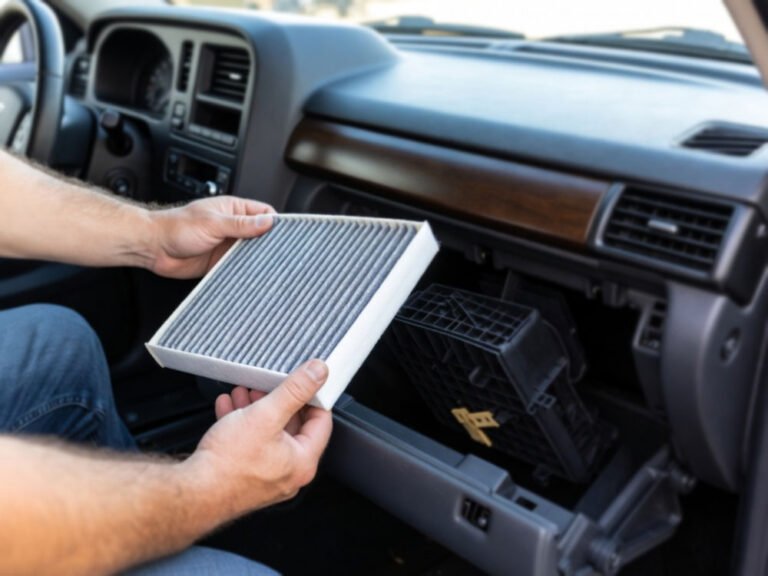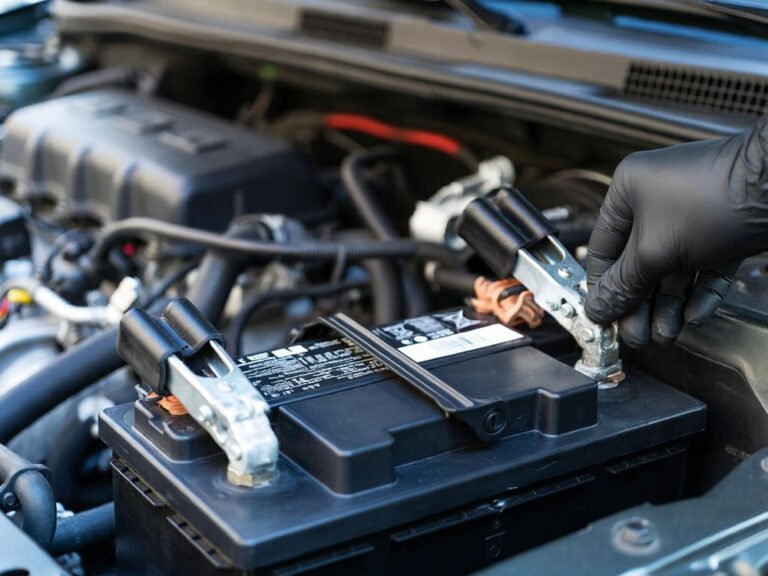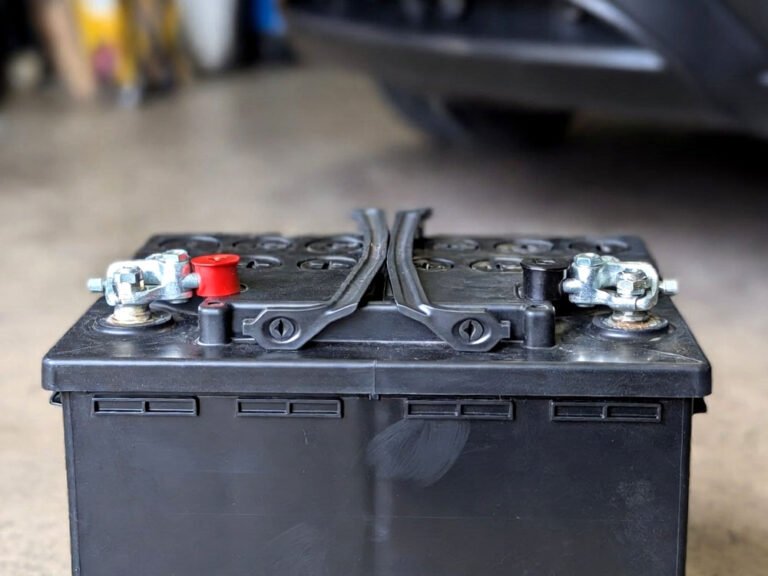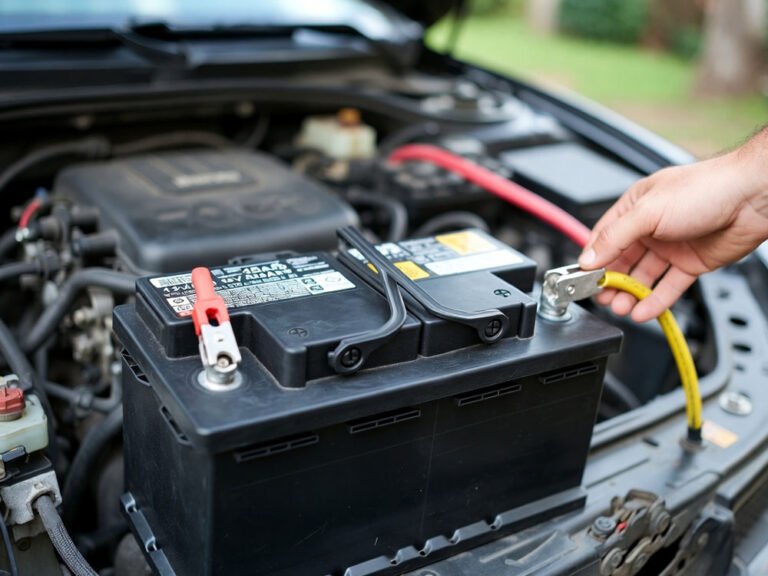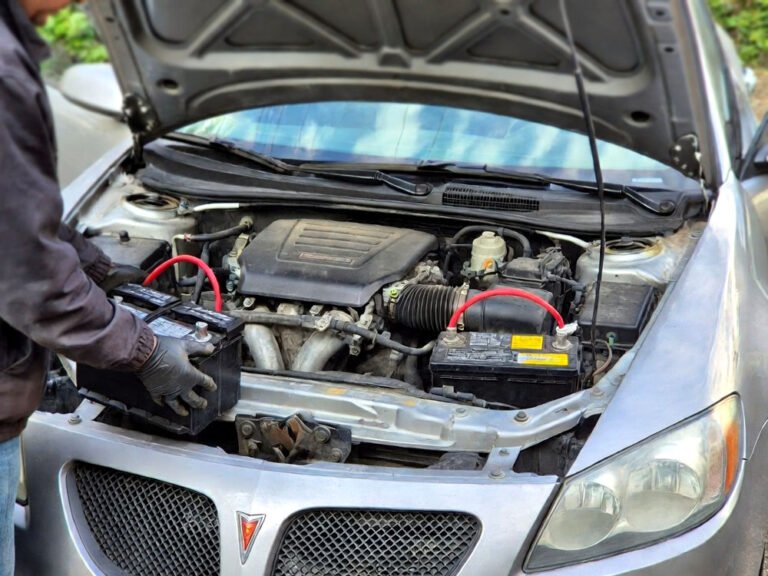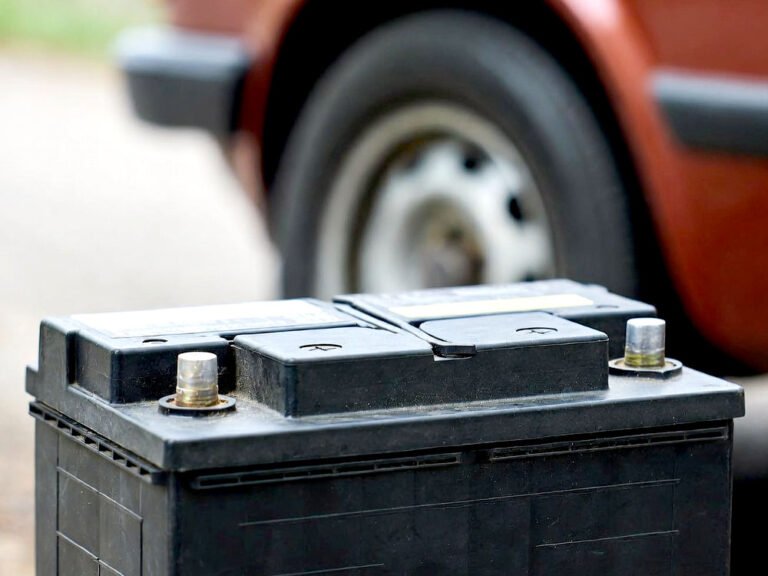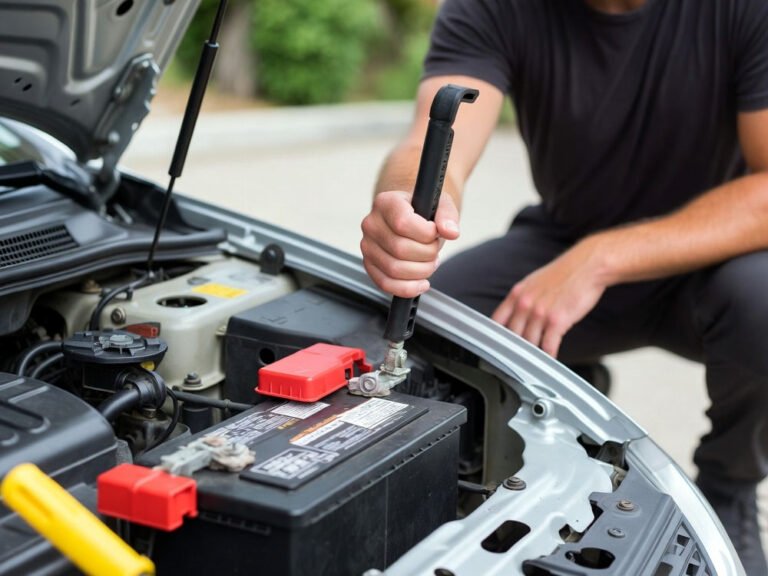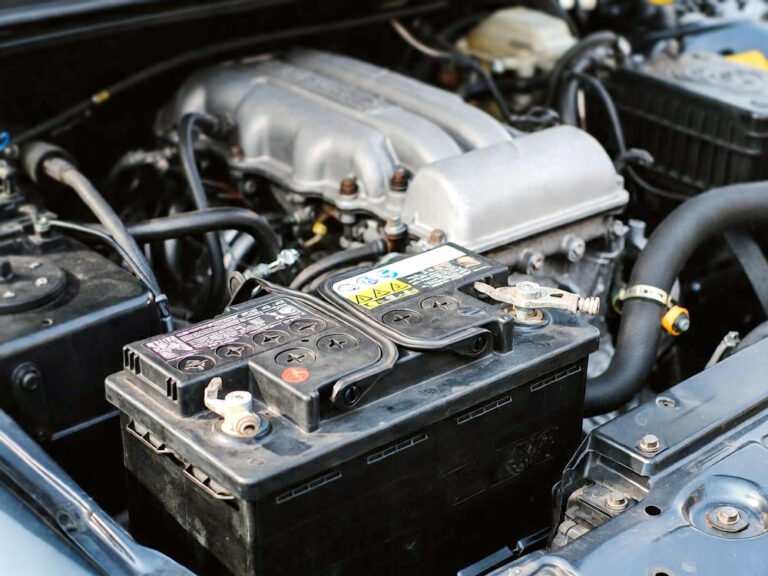Alternators are crucial components in your car’s electrical system, and while they’re usually the hero, sometimes they can become the villain. Have you ever wondered whether an alternator could actually drain your battery? If so, you’re not alone! Many car owners don’t realize how intricate the relationship is between these two parts. Let’s dive deep into this issue, breaking it down to help you understand if your alternator could be causing problems for your car’s battery.

How an Alternator Works: Understanding the Basics of Your Car’s Electrical System
Before we tackle the question of whether an alternator can drain a battery, it’s essential to understand how alternators and batteries work in tandem. The alternator plays a pivotal role in the electrical system, ensuring that your car has the power it needs to function properly. Think of it as your car’s charger—one that keeps the battery topped up while driving.
What Does the Alternator Do?
Your car’s alternator is responsible for generating electricity while the engine is running. As the engine spins the alternator, it produces alternating current (AC), which is converted into direct current (DC) by the rectifier. This DC power is then used to recharge the car battery and power other electrical components, such as your headlights, air conditioning, and radio.
When everything is working as it should, the alternator ensures that the battery stays charged and supplies enough power to run all the electrical gadgets in your car. However, when things go wrong with the alternator, it could lead to various issues, including battery drainage.
How Does the Battery Work?
In simple terms, the car battery is a storage device. It stores energy, which is used to start the engine and power electrical components when the car is off. However, once the engine starts running, the alternator takes over the role of supplying power, leaving the battery to do what it does best: provide starting power when the engine is off or not running.
But the problem occurs when the battery is forced to do more work than it’s designed for, like when the alternator isn’t doing its job. In this case, the battery might drain faster than usual, leading to potential issues.
The Alternator and Battery Relationship
So, how do the alternator and battery work together? Well, the alternator keeps the battery charged while the vehicle is running. But if there’s an issue with the alternator, such as it not producing enough power, the battery might start taking over the load, leading to its slow discharge. This could cause the battery to run out of power, leaving you stranded with a dead car.
A properly functioning alternator should charge the battery continuously while the engine is on, keeping the battery at a consistent voltage. Any deviations from this system might signal that something’s wrong, and that’s when battery drainage can happen.
Can a Faulty Alternator Drain the Battery?
Now that you understand how the alternator and battery work together, let’s get to the heart of the matter. Can a faulty alternator drain your car battery? The answer is yes—if the alternator isn’t functioning correctly, it can indeed lead to the battery draining faster than usual. Let’s look into the different scenarios that could cause this.
Undercharging vs. Overcharging: What Happens?
When the alternator fails, it can cause one of two problems: undercharging or overcharging the battery. Both situations can result in battery drainage and other electrical issues, but the effects vary.
Undercharging: If the alternator isn’t generating enough electricity to recharge the battery, it can slowly lose power over time. When the battery’s charge drops too low, it might not have enough power to start the car. This is a classic case of undercharging, and it’s a common issue caused by faulty alternators.
Overcharging: On the other hand, if the alternator sends too much current to the battery, it can lead to overcharging. Overcharging can cause the battery’s fluid levels to evaporate, which will eventually reduce its capacity and lifespan. Over time, the excess heat created by overcharging can damage the battery and other electrical components. In some cases, this can also result in battery drainage.
Faulty Alternator Parts That Can Cause Drainage
The alternator is made up of several components, each of which can malfunction and cause battery drainage. Here are a few key parts that might be responsible:
- Voltage Regulator: The voltage regulator controls the amount of voltage the alternator generates and sends to the battery. If it’s faulty, it can lead to undercharging or overcharging.
- Alternator Diode: The diodes in the alternator convert AC power to DC power. A faulty diode can cause the alternator to produce faulty electrical output, leading to battery drainage.
- Brushes and Bearings: These components help the alternator produce electricity. If they wear out, the alternator might not generate enough power, which could eventually drain the battery.
Signs of a Faulty Alternator
Now that we’ve covered some potential reasons why a faulty alternator could drain your battery, let’s talk about the warning signs. If you notice any of these symptoms, it might be time to have your alternator checked by a professional:
- Dim or Flickering Lights: If your headlights or dashboard lights start to dim or flicker, it could indicate an alternator problem.
- Battery Warning Light: Many cars have a battery warning light that will turn on if the alternator is not charging properly.
- Electrical Malfunctions: A failing alternator may cause other electrical systems in your car, like the power windows or radio, to malfunction.
- Car Stalling or Hard Starting: If your car is having trouble starting or stalling while driving, it could be a sign that the alternator is failing to charge the battery adequately.
How to Prevent Your Alternator from Draining Your Battery
Now that we’ve discussed how a faulty alternator can drain your battery, let’s focus on how you can prevent this issue from happening. Preventive maintenance is the key to keeping your car running smoothly, and this includes maintaining the alternator and battery. Here are some practical tips to help you avoid alternator-related battery drainage.
1. Regularly Inspect the Alternator
Like any other part of your car, your alternator needs regular inspections. While many people only think about the alternator when it fails, it’s a good idea to have it checked during routine maintenance. During these checks, the technician will ensure that the alternator is producing enough voltage and that all the components are working well.
2. Check the Battery and Alternator Connections
Sometimes, the problem isn’t with the alternator itself but with the connections between the alternator, battery, and other electrical components. Loose, corroded, or damaged cables can prevent the alternator from effectively charging the battery. Make sure all connections are clean, tight, and free of corrosion. If needed, replace any worn or frayed cables to prevent electrical issues.
3. Don’t Overload Your Electrical System
Overloading the electrical system by running too many high-power devices, like the air conditioner, headlights, and radio, while idling or driving at low speeds, can put excessive strain on the alternator. This could cause it to work harder than it should and eventually lead to undercharging or overcharging the battery.
4. Be Mindful of Battery Age and Condition
The condition of your battery plays a big role in how efficiently the alternator works. If the battery is old or damaged, it may not hold a charge properly, leading to faster drainage. Replace the battery if it’s no longer functioning properly or if it shows signs of wear, such as swelling or leaks.
5. Replace the Alternator When Necessary
If your alternator is failing or showing signs of wear, replace it before it causes more serious issues. It’s always cheaper to replace the alternator before it leads to a dead battery or other costly repairs. Keep an eye on the symptoms of a failing alternator, and don’t wait too long to get it fixed.
6. Install a Battery Isolator
If you have an aftermarket electrical system or additional power-demanding accessories in your car, consider installing a battery isolator. This device can help prevent the alternator from draining your battery by ensuring that the battery only gets charged when needed.
Frequently Asked Questions
Is it possible for a malfunctioning alternator to drain a battery even if the car is running?
Yes, a malfunctioning alternator can still drain the battery even if the car is running. If the alternator is not generating enough electricity or is overcharging, it can lead to battery drainage.
Can a new alternator still drain my battery?
If a new alternator is installed incorrectly or is defective, it might still drain your battery. Be sure the alternator is properly installed and tested after replacement.
Do I need to replace my battery if the alternator is draining it?
Not necessarily. If the alternator is causing battery drainage, fixing or replacing the alternator should solve the issue. However, if the battery is old and no longer holds a charge, it may need replacement as well.
Is it safe to drive with a failing alternator?
It’s not advisable to drive with a failing alternator, as it can cause your car’s electrical systems to malfunction, and you might end up with a dead battery.
Can a faulty alternator cause my car to stall while driving?
Yes, a faulty alternator can cause your car to stall, as it might not be providing enough power to the engine and other electrical components.
Is it hard to diagnose an alternator issue by myself?
Diagnosing an alternator issue can be tricky without the right tools and knowledge. It’s best to take your car to a mechanic if you suspect the alternator is causing problems.
Can a battery be recharged if it’s been drained by the alternator?
Yes, a battery can often be recharged if it’s been drained, but if the alternator is still faulty, the battery will eventually drain again.
Do I need to worry about overcharging my battery from the alternator?
Overcharging is a concern if the alternator is malfunctioning, as it can damage the battery over time. It’s important to have the alternator checked if you suspect overcharging.
I hope this article helped you understand the relationship between your alternator and car battery. With the right maintenance, you can keep your car running smoothly and prevent battery drainage issues.


